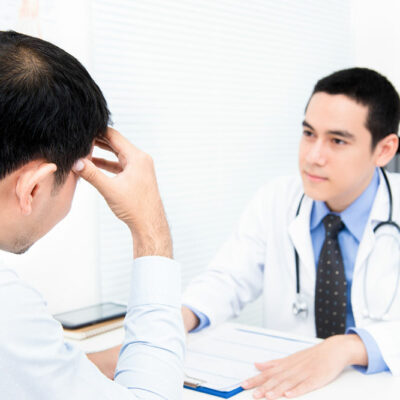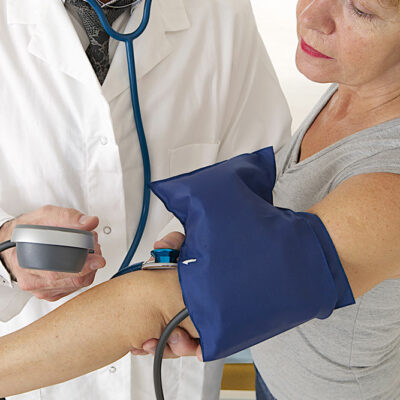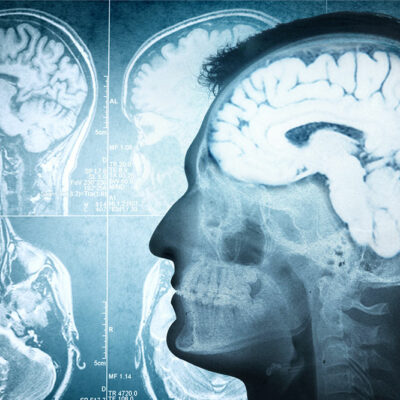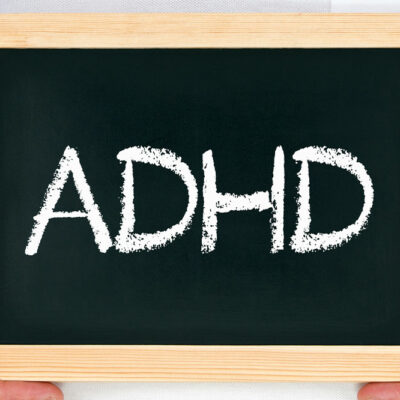
health
7 common signs of psoriasis
Psoriasis is a common, chronic skin condition that has no cure. It is an auto-immune disorder, that is, it flares when the immune system becomes overactive and causes the skin cells to multiply quickly. While the exact cause of this condition is unknown to researchers today, most agree that it is a combination of genetic, lifestyle, and environmental factors that lead to its onset. Psoriasis can affect everyone and has certain telltale signs and symptoms. Plaques Plaques are patches of thick, inflamed skin that can grow and merge, covering larger areas of the body. On lighter skin, these appear red in color with silver scales; on medium skin, they look coral or salmon-colored with silvery-white scales, and on darker skin, they appear purplish or dark brown, with gray scales. These can be quite itchy to deal with and may lead to cracking and bleeding of the skin. These spots commonly appear on the elbows and knees, fingernails and toenails, face, genitals, lower back, and hands and feet. Brittle nails Lots of people with psoriasis also report issues with their fingernails and toenails. These may include discoloration of the nails, development of small pits, or crumbling of the nail. In some cases, they may also completely detach from the nail bed.




















